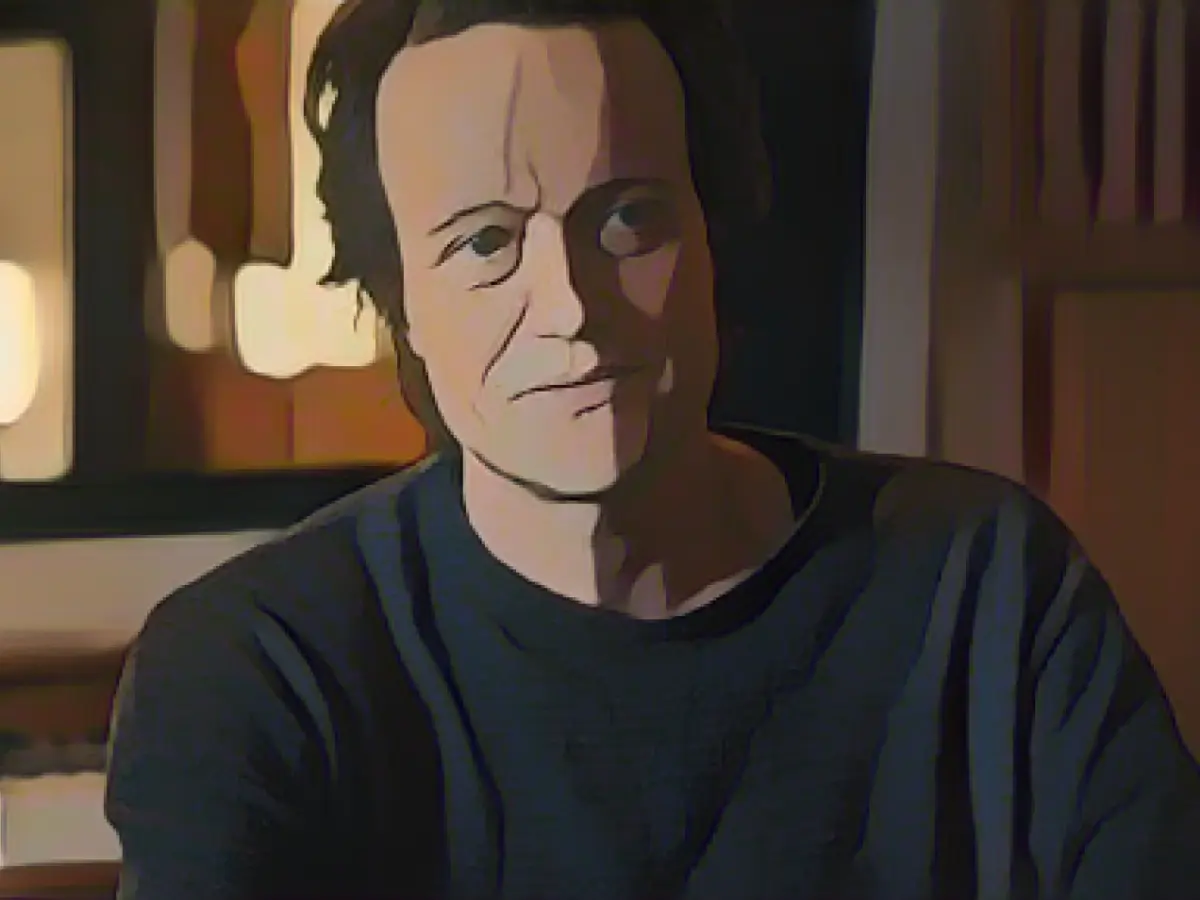Streaming - Sky documentary: "23 - The mysterious death of a hacker"
On May 23, 1989, hacker Karl Koch from Hanover disappeared without a trace. Just over a week later, a police officer discovered his charred body in a forest near Gifhorn. It was difficult to make out the remains of a petrol can next to the corpse. Had the 23-year-old actually doused himself with the fuel and set himself alight, as the police announced a short time later? The Sky documentary "23 - The Mysterious Death of a Hacker" not only sheds light on the mysterious circumstances of his death, but also attempts to shed light on the political background and get closer to Karl Koch as a person.
Together with his friends, Koch hacked for the KGB and was caught between the fronts of the German secret service and the Russian secret service in the middle of the Cold War. The hack was later described in the TV magazine "Monitor" as the "biggest espionage case since Günter Guillaume". The comparison with the spy at the side of German Chancellor Willy Brandt proved to be completely exaggerated.
Film quotes from original statements by Karl Koch
The TV documentary is hosted by Frank Plasberg, who began his journalistic career as a police reporter for the "Münchener Abendzeitung". The reason for the new research was the fact that many of the files previously kept under lock and key could now be viewed for the first time. The film quotes from original statements made by Karl Koch during his interrogations by the Office for the Protection of the Constitution after the KGB hack was uncovered. The interrogation protocols signed by Koch are spoken by actor August Diehl, who once played him in the movie "23 Nothing is as it seems". The feature film from 1998 is also currently being shown on Sky and WOW.
The TV documentary contains interviews with contemporary witnesses such as Hans-Heinrich Hübner, who was involved in the so-called "KGB hack", Karl's school friend Freke Over, his "foster mother" Hannah Over and Steffen Wernéry - founding member of the Chaos Computer Club (CCC). The film also deals with the question of what responsibility the media had for the tragic death, as they sensed their big story at the time, sometimes without regard for the drug-addicted hacker's troubled psyche.
In an interesting subplot, the film also raises the question of the role of today's Russian President Vladimir Putin. Putin was working for the KGB in Dresden during the period in which the Hanover hackers were working for Moscow. A former Putin confidant, who now lives in Washington, provides insights into this. CCC pioneer Wernéry sees the KGB as the main suspect. The secret service had profited the most from Koch's death.
Autopsy report still under lock and key
However, the film does not rule out the possibility that Koch killed himself in his despair. The hacker, who called himself "Hagbard Celine" in the scene after the main character of the science fiction novel "Illuminatus", disappeared without a trace on May 23, 1989 of all days. The date is highly symbolic: 23 and 5 are considered sacred numbers by the world conspirators. And the first volume of the trilogy states: "All the great anarchists died on the 23rd of one month or another."
However, Plasberg and his team bite their teeth out at one point when trying to solve the mysterious case. They succeeded in bringing many previously unknown files from the archives of the authorities into the public domain. However, the autopsy report is still with the Federal Public Prosecutor's Office. "We called in lawyers, but the Federal Public Prosecutor General's Office stonewalled and argued with Karl Koch's post-mortem personal rights," reports author Benjamin Braun. "That is surprising, because many files in this case were released for inspection. Just not the autopsy report," says Frank Plasberg.
Lesen Sie auch:
- The Sky documentary "23 - The Mysterious Death of a Hacker" delves into the Cold War espionage case of Karl Koch, a German hacker who worked with the KGB.
- The TV magazine "Monitor" dubbed the KGB hack as the "biggest espionage case since Günter Guillaume", a comparison that turned out to be an exaggeration.
- Frank Plasberg, a police reporter turned journalist, hosts the documentary, using original statements from Karl Koch's interrogations by the Office for the Protection of the Constitution.
- The documentary includes interviews with Karl Koch's friends, schoolmates, and even his "foster mother," providing insight into the hacker's life.
- The Chaos Computer Club (CCC), a pioneer in digital activism, is also featured in the documentary, discussing their role in the case and Carl's involvement.
- The film raises the question of media responsibility in covering the case, suggesting they may have sensationalized the story, sometimes at the expense of Karl's mental health.
- A former confidant of Vladimir Putin, who now lives in Washington, provides insights into Putin's involvement during the KGB era.
- The CCC sees the KGB as the main beneficiary of Karl's death, as the secret service had much to gain from the hacker's mysterious disappearance.
- The autopsy report of Karl Koch's death is still under lock and key, with the Federal Public Prosecutor's Office citing Karl Koch's post-mortem personal rights as a reason for the secrecy.
- The documentary is available for streaming on Sky and WOW, allowing a new generation of viewers to learn about the mysterious death of Karl Koch.
- Despite the ongoing secrecy, the documentary provides a comprehensive look at the life and death of Karl Koch, a hacker who became a victim of Cold War politics and media sensationalism.
- The documentary serves as a powerful reminder of the complex relationship between espionage, technology, and morality during the Cold War era, with echoes still resonating in today's digital age, particularly in the context of cybercrime and internet privacy.
Source: www.stern.de








